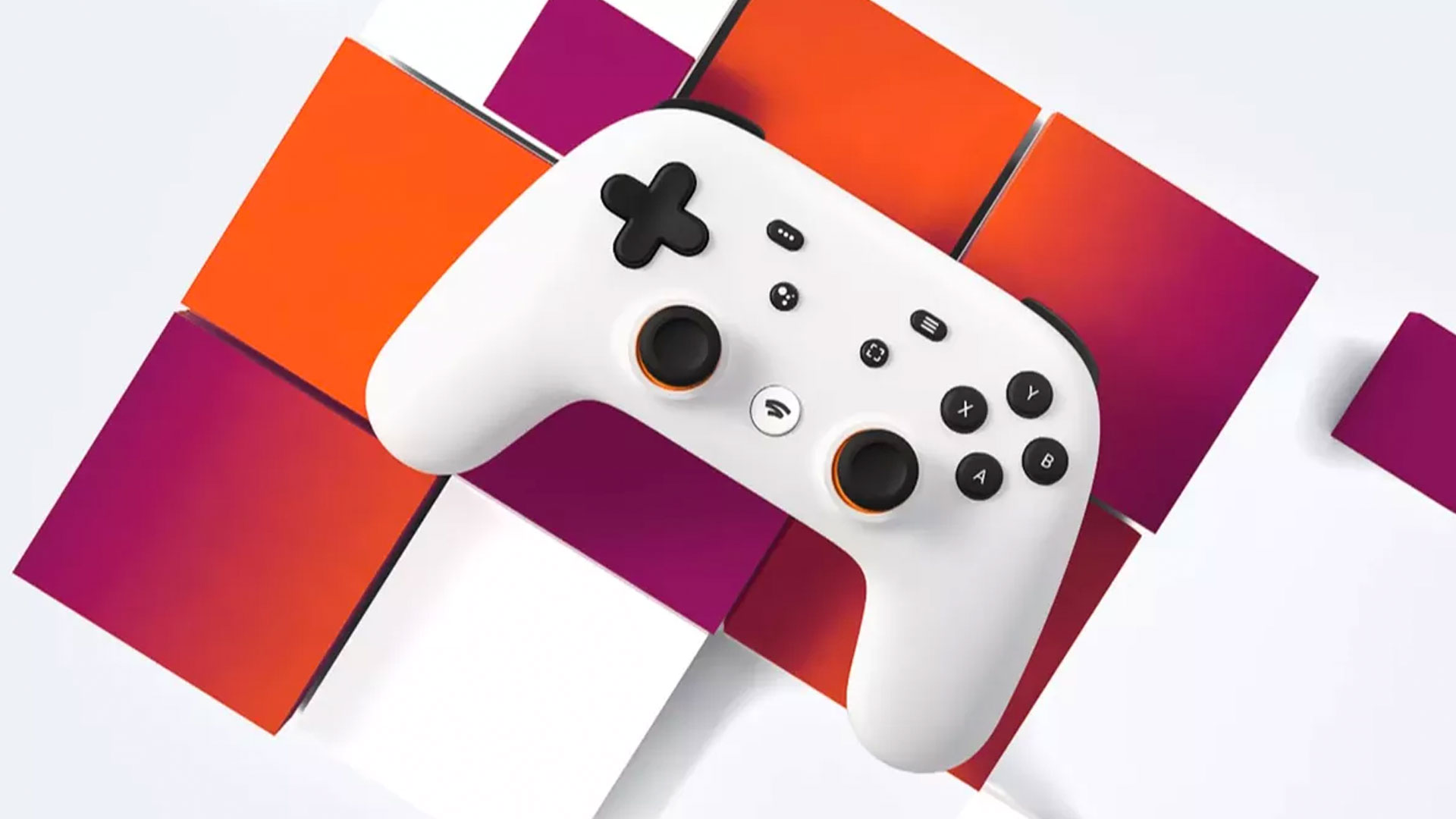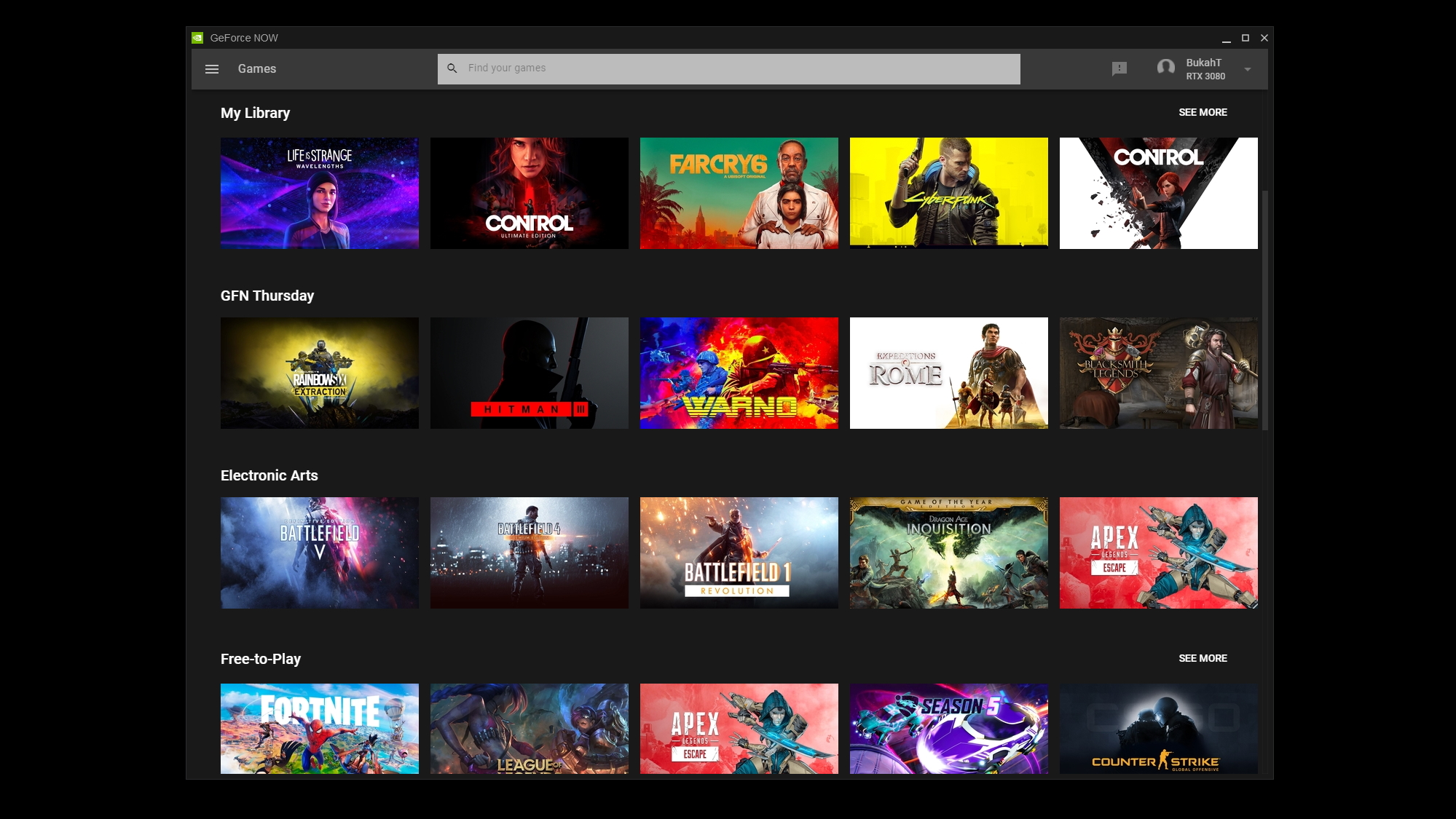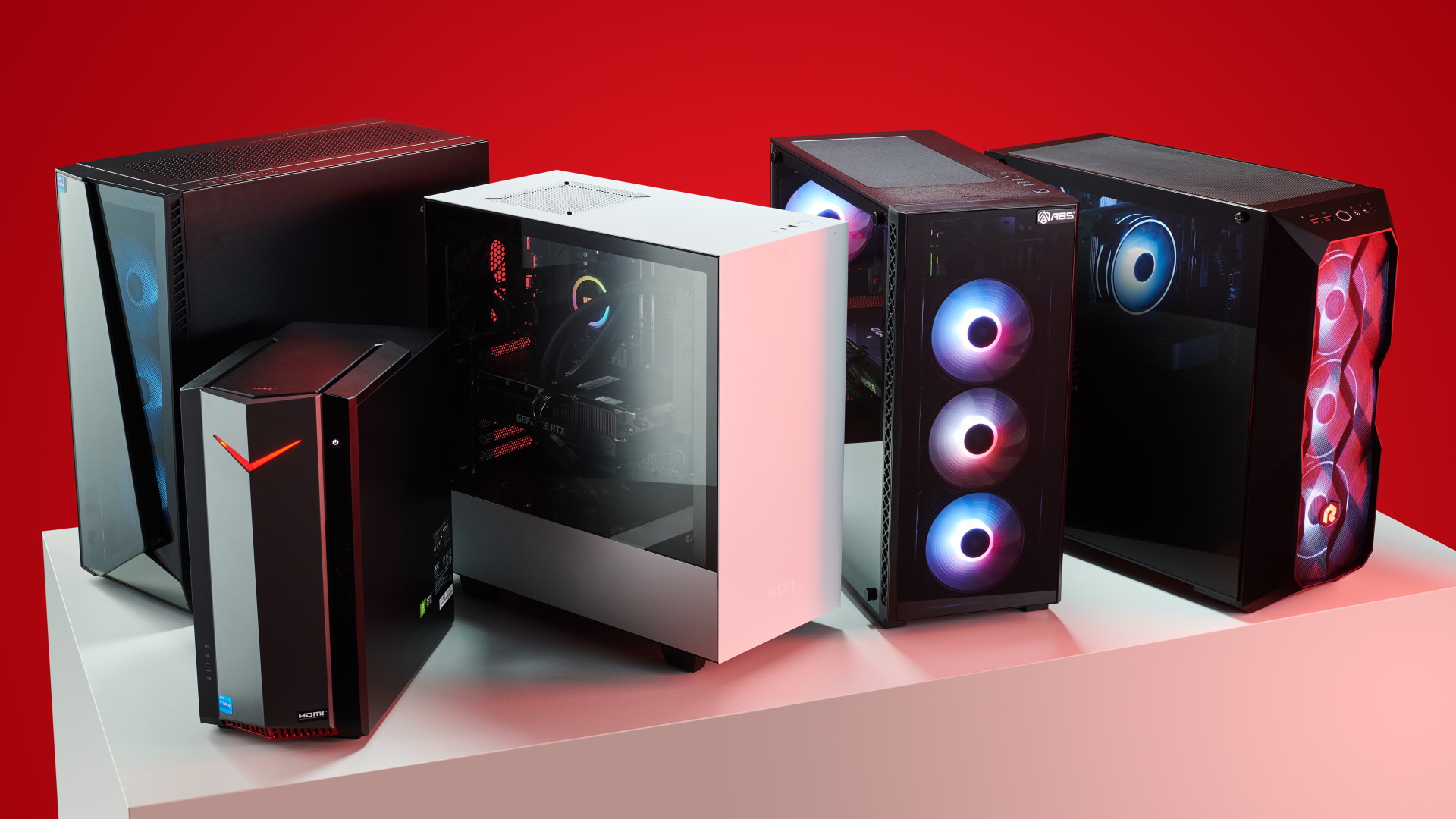Stadia's death spiral, according to the Google employee in charge of mopping up after its murder
We all think we know why Stadia died. Here's Google's official take.

Google's streaming dream died in January this year: the Google Stadia streaming service joined a laundry list of projects the company has canned over the years. Google could open a Ben & Jerry's-style flavor graveyard for them all. We know the streaming platform struggled with market share since its release in 2019, and I never was a fan of its business model, but today we do have some insight into why Google closed Stadia down, from the person in charge of doing so.
A statement from a Google employee, Dov Zimring, has been released as a part of the FTC vs Microsoft court case (via 9to5Google). Only minorly redacted, the statement gives us a run down of Google's position leading up to Stadia's closure and why, ultimately, Stadia was in a death spiral long before its actual demise.
"For Stadia to succeed, both consumers and publishers needed to find sufficient value in the Stadia platform. Stadia conducted user experience research on the reasons why gamers choose one platform over another. That research showed that the primary reasons why gamers choose a game platform are (1) content catalog (breadth and depth) and (2) network effects (where their friends play).
"Publishers, for their part, have to devise where to spend their limited development and marketing energy, and which platforms to favor to reach the broadest audience."
This is where things get sticky for Stadia, and it shouldn't come as much of a surprise. If users go where the games are, and the publishers put the games where the players are, if you lose either the players or the games, you might lose it all.
"However, Stadia never had access to the extensive library of games available on Xbox, PlayStation, and Steam. More importantly, these competing services offered a wider selection of AAA games than Stadia," Zimring says.
According to the statement, Google would also offer to pay some, or all, of the costs associated with porting a game to Stadia's Linux-based streaming platform to try and get more games on the platform. Still, in Google's eyes, this wasn't enough to compete with easier platforms to develop for, such as Nvidia's GeForce Now.
Keep up to date with the most important stories and the best deals, as picked by the PC Gamer team.
I get Google's melancholy, too. Stadia's business model never appealed to me much as a PC gamer. There was little reason for me to buy in on Stadia when I could subscribe to GeForce Now and access a good chunk of my PC game library without incurring extra charges. Even if you're locked into a console ecosystem, and expect to pay for your games again to move elsewhere, people will likely stick with the ecosystem they've built up. Not just for their game library but their friends and communities, too.

But alas, this is about why Google felt the need to shutdown Stadia, not why we all saw it coming.
"Lack of AAA content meant that Stadia could no longer compete," a subhead in the statement reads.
Some of the following paragraph has been redacted, but its intent is clear nonetheless.
"... critical mass that would incentivise the largest video game developers to invest the necessary resources to develop games that run on Stadia. For example, developers require that a platform have a critical mass of users such that the forecasted revenue from game and in-game purchases could realistically exceed the total cost of bringing that game to the platform."
Without games, you have no customers. And despite officially lowering expectations of subscribers and the "scope of the service", Google reportedly saw no hope for Stadia past a certain point. Stadia was "unable to attract enough subscribers to maintain a viable business."
From findings published by the UK's Competition and Markets Authority (CMA), we know that Stadia claimed around 5–10% of the global market share for cloud game streaming services in 2021. By 2022, that had fallen to 0–5%. Since these figures did not include the weeks after the announcement of Stadia's closing, where presumably many gamers jumped before they were pushed, we know the game service had already begun its nosedive in the year prior.

Best gaming PC: The top pre-built machines.
Best gaming laptop: Great devices for mobile gaming.
"Without any clear path to reaching a critical mass of subscribers, Google announced on September 29, 2022 that Stadia would shut down in January 2023.
Who knows if even record investment from Google could've changed Stadia's fortunes. The company sure has the coffers for a financial shot of adrenalin right to the heart of Stadia, but would it have been worth it? We are talking about Google here, a company renowned for discontinuing products and services.
I don't think any of the above will come as a surprise to those that kept up with Stadia's rise and fall. It's nevertheless interesting to see Google's take on the whole situation. Sure, you could definitely chalk the whole thing up to a poor business model to begin with. Yet Google clearly felt it could really compete, so long as it offered a premium streaming service from the get-go that could keep a subscribed player base on the platform. Ultimately, it failed to do so.

Jacob earned his first byline writing for his own tech blog. From there, he graduated to professionally breaking things as hardware writer at PCGamesN, and would go on to run the team as hardware editor. He joined PC Gamer's top staff as senior hardware editor before becoming managing editor of the hardware team, and you'll now find him reporting on the latest developments in the technology and gaming industries and testing the newest PC components.

